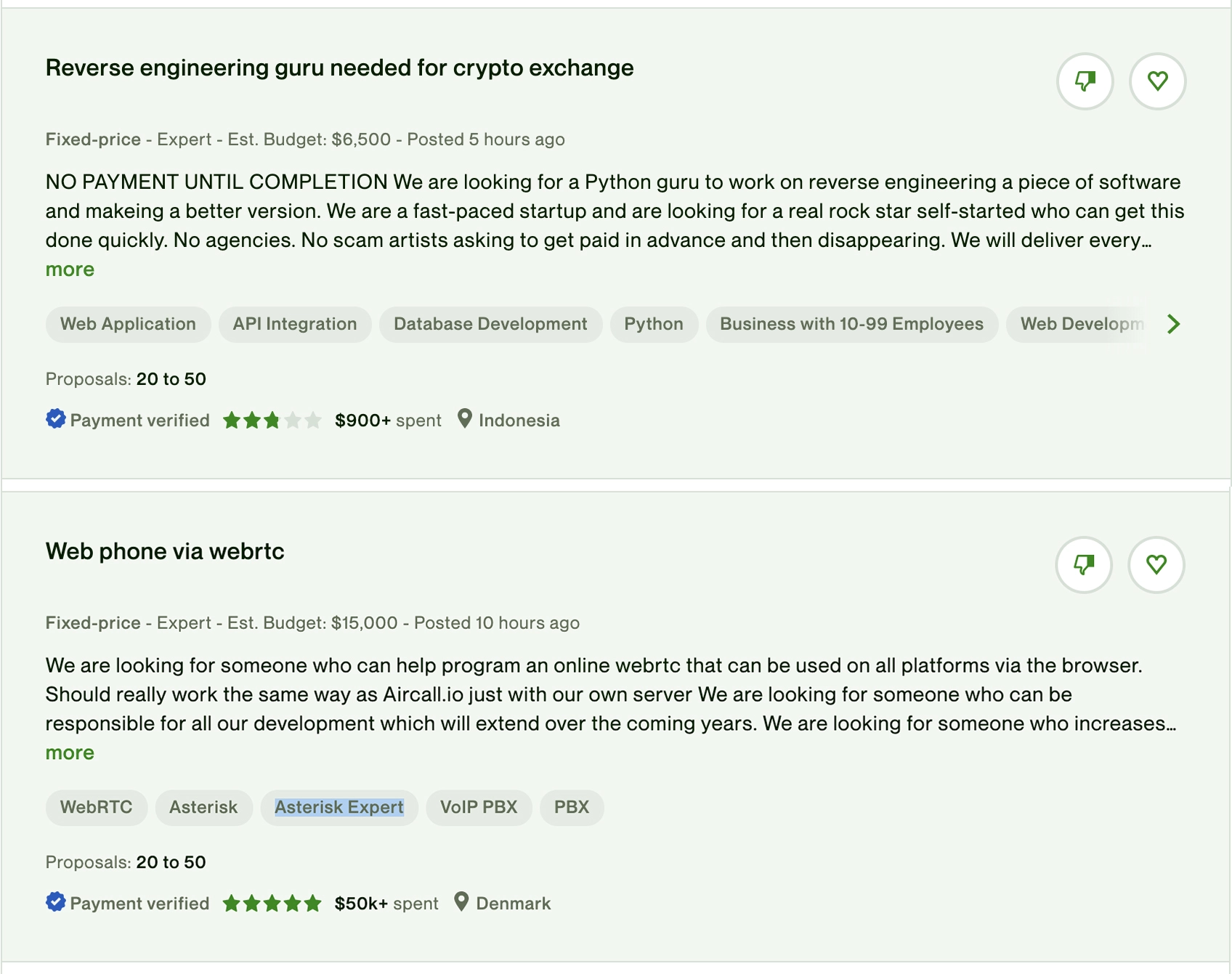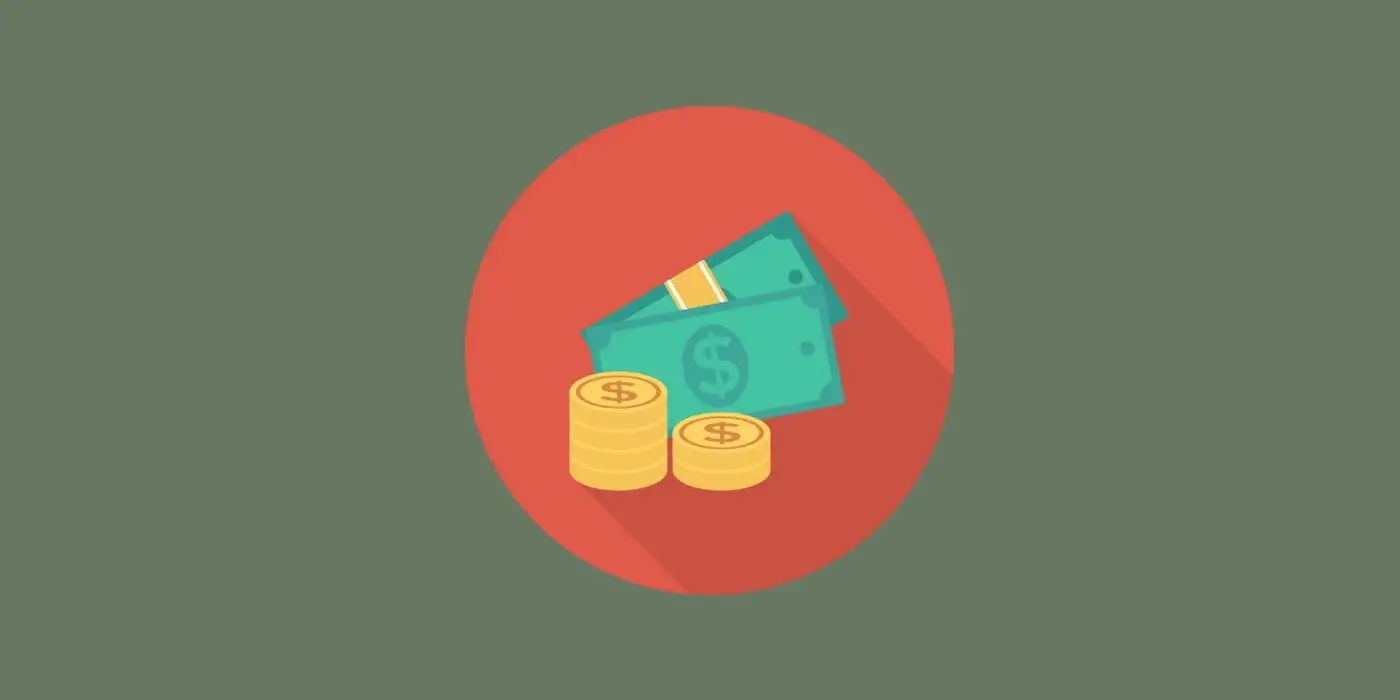
One of the most common questions I get asked is: how do I avoid scams?
 How To Make Money on Upwork With No ExperienceBeginner freelancers are deathly afraid of being cheated by clients. This fear is often valid.
How To Make Money on Upwork With No ExperienceBeginner freelancers are deathly afraid of being cheated by clients. This fear is often valid.
There are malicious clients out there scheming for ways to wrangle free work out of you. Some disappear when you send an invoice. Some try to sneak additional work into your fixed-price project. On platforms such as Upwork and Fiverr, some resort to threats of leaving a poor review on your profile.
The good news is, you can avoid nearly all these problems by following a few rules.
My experience with scammers
I have 11 years of freelance experience. I have used five different freelance platforms and worked with over 70 clients as a web developer (plus about a dozen as a writer).
I failed to get paid a total of two times for a total of $295. This includes my first-ever freelance project, which was valued at $45. The other $250 was a minor project for a client in 2013 which I would never take today (more on that in the following paragraphs).
So, my personal experience has been overwhelmingly positive. Many freelancers still name getting paid as a primary concern when they start freelancing. Am I different? Are my clients different? Or is it a case of freelancers needing to tighten their billing practices?
Let the work act as a filter
Some types of work are far less fragile to scams than others. Consider these two job postings from Upwork:

The first project is full of red flags: aggressive attitude, no payment in advance, poor client rating, shady project description, shady industry. The second is respectful and precise, and everything appears legit.
Yet, both have roughly the same number of applicants.
Give trust to gain trust
Trust is a two-way street.
When it comes to long-term projects, I like to do two things from the start:
- Build trust.
- Limit my risk.
I achieve the first goal by not asking for anything in advance. Instead, I start work without a single dollar paid.
I achieve the second goal by splitting the project into milestones (weekly payments if it’s an open-ended project, or functional units if it’s a fixed-price project). My aim is to never risk more than one week of earnings. So, I will create a payment schedule where I get paid every week, but not in advance - instead, I always get paid for the completed week/milestone.
The first week is especially important. During this week, I overdeliver on the first milestone and prove to the client that I’m a good investment before they spend a dime.
In 11 years of freelancing, I have never once had a problem with this system.
Accept limited risk to build trust from the start. Everybody wins.
One-off gigs
It’s a different situation with small one-off projects. You are most likely to get cheated on small projects.
The trust-building system above doesn’t work if the entire project fits into a single week. In these cases, it is wise to ask for payment in advance.
I haven’t done these kinds of projects in a while, but when I did I usually asked for 50% in advance. Asking for the full amount passes all the risk to the client. Some clients will agree to this, but in my experience, it is not necessary and it lowers your acceptance rate.
Build your voice
One thing that discourages scammers is a freelancer with a public presence.
You better believe nobody will be attempting to cheat you if they know you have 50k followers on social media. The damage you can do to their reputation simply by putting them on blast far exceeds the costs of paying what they owe you.
It’s important to have a public voice in this day and age. It  How To Effectively Use Twitter as a Freelancerhelps tremendously with finding work, increases your value, and makes you more trustworthy.
How To Effectively Use Twitter as a Freelancerhelps tremendously with finding work, increases your value, and makes you more trustworthy.
What if you get cheated anyway?
Even the best drivers get in an occasional fender-bender. In freelancing, too, bad things occasionally happen regardless of the precautions you take.
The best thing to do when you get scammed is, almost always, to just walk away. You can send a reminder (or ten) but an unresponsive client is likely to remain unresponsive regardless of the number of emails you send to them.
If you have a contract and you share a court jurisdiction with the client (for example, you’re both British) you can threaten legal action. But if you live in Serbia while the client is an Australian living in Argentina, good luck getting any court to enforce the contract. It can be done sometimes, but it’s not worthwhile unless the client owes you a fortune (and we’ve already learned how to avoid that in the “give trust to gain trust” section above).
Don’t get discouraged
Bad things happen. The important thing is to pick yourself up and keep going.
If I had given up after being cheated on my first-ever freelance project, you wouldn’t be reading this today. I never would have  How I Made Over $150k on Upworkmade a killing on Upwork or
How I Made Over $150k on Upworkmade a killing on Upwork or  How I Landed a $100k Freelance Clientclosed a 6-figure freelance client.
How I Landed a $100k Freelance Clientclosed a 6-figure freelance client.
Most clients will treat you well if you communicate daily, deliver as promised, and build trust from the start.
Get these things right, don’t give up, and keep improving. The future is bright.
Don't miss the next blog post!
I publish a new blog post every Wednesday. Join the newsletter to get:
- One valuable email a week.
- Zero spam.
- Exclusive content not found in the blog.
- Reply directly to me with questions or feedback.
Use the form at the bottom of this pageon the right to join the newsletter.


